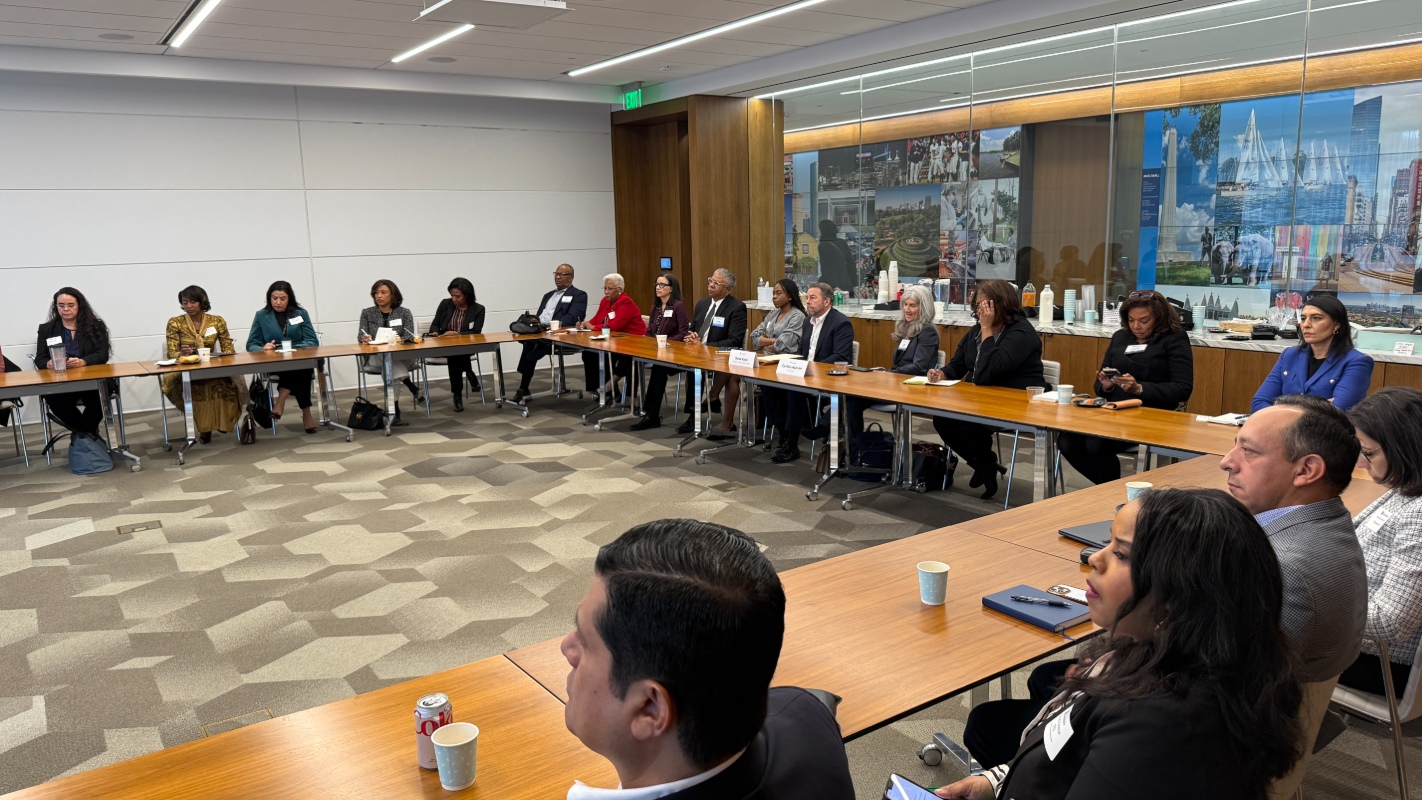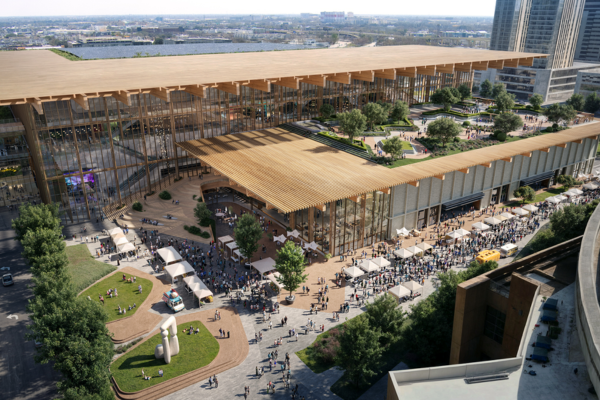One Houston Together: Health and Racial Inequities
Published Sep 15, 2020 by A.J. Mistretta
The race-based disparities that exist in health outcomes has been a much-discussed and researched topic. While some progress has been made to address access, cost and quality of care, the COVID-19 pandemic has made clear that race continues to play a role in not only health care but the social determinants of health.
The third installment of the Partnership’s One Houston Together webinar series looked at Health and Racial Inequities and featured Zawadi Bryant, CEO, NightLight Pediatric Urgent Care; Elena Marks, President and CEO, Episcopal Health Foundation; Jean Leclerc Raphael, Associate Professor, Baylor College of Medicine; and moderator Tanweer Kaleemullah, Public Health Policy Analyst, Harris County Public Health.
We invite you to watch the full conversation by clicking the video recording to the right.
The conversation began by level-setting with a definition: “Health equity means everyone has a fair and just opportunity to be as healthy as possible. This requires removing obstacles to health such as poverty, discrimination, and the consequences, including powerlessness and lack of access to good jobs with fair pay, quality education and housing, safe environments and health care. For the purposes of measurement, health equity means reducing and ultimately eliminating disparities in health and its determinants that adversely affect excluded or marginalized groups.”
Discussion topics included:
- What factors are driving negative health outcomes among different races.
- How people of color are often exposed to environments or situations where their need for health care is greater. For example, the current pandemic has hit Black and Latinx populations harder because many are working in essential jobs or low-paying jobs that do not offer paid time off.
- Why this current period, amid a national conversation around race, presents an unprecedented opportunity for addressing health inequities.
- What are the greatest barriers to health care for people of color in the Houston region.
- What people can do at the policy level and on an individual level to reduce or eliminate inequities in health care.
Additional Resources Recommended by the Panelists:
- Healthy Women Houston
- Original Carnegie Foundation Flexner Report
- Medpage Today: Racial Bias in Flexner Report Permeates Medical Education Today
- Research on Health Disparities Published by Jean Leclerc Raphael
- Episcopal Health Foundation Health Care Research
- Dimick Study Examining Surgeries in Segregated Regions
Suggested Books:
- Caste by Isabel Wilkerson - recommended by Elena Marks
- Well by Sandro Galea - recommended by Zawadi Bryant
Learn more about One Houston Together.
Below are other events related to the series. All Upcoming One Houston Together virtual events that are free to register:
- Developing Equitable Communities – Sept 22
- The Business Community’s Role in Addressing Racial Inequities – Sept 29
- Houston NEXT: An ERG Summit – Oct 16
Watch previous One Houston Together webinars:
 The Houston Report
The Houston Report



















